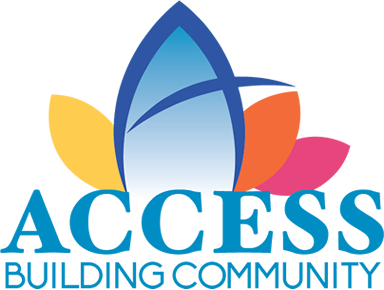
Finding success in housing placements despite lack of supply
Helping households impacted by the 2020 wildfires find long-term housing is a challenge that Housing Navigators at the ACCESS Center for Community Resilience (CCR) are committed to tackling. As the regional Homeownership Center and HUD Housing Counseling Agency in Southern Oregon, ACCESS provides a variety of housing-related assistance, including homeownership counseling, educational opportunities, and a wide spectrum of individualized assistance to provide options and meet the needs of each household.
“We are problem solvers, that’s our charge,” says Carrie Borgen Executive Director at ACCESS, “and we are laser-focused on helping people find stable housing.”
In collaboration with Disaster Case Managers at Oregon Department of Human Services (ODHS), ACCESS is finding creative solutions to help wildfire survivors move out of motels and into more stable housing; whether that is a short-term stop on their journey of recovery, or a permanent place to call home.
Small win leads to big gains for a family in Southern Oregon
Finding solutions to meet the needs of wildfire survivors is happening on all levels as state agencies support local efforts in disaster recovery. The Oregon Legislature allocated to Oregon Housing and Community Services (OHCS) to increase the supply of available housing and provide local organizations such as ACCESS with flexible funds to move survivors into stable housing. “It’s an opportunity for creative approaches about what individual households need to support their recovery from this disaster,” says Margaret Salazar, Executive Director at OHCS. Flexible resources from the Legislature allowed OHCS to provide ACCESS with $34,000 toward housing wildfire survivors in Southern Oregon. “In a meeting with Disaster Case Managers, we were discussing housing options for an intergenerational household. We realized that we had a possible solution but needed these funds to make the homes available,” Carrie explained. “There is nothing more satisfying than helping a family move into a home that meets their needs.”
Moving in
After Estafania and her family lost their home in the wildfire, their future seemed uncertain. They had found that many traditional solutions being offered to them didn’t account for their large family and they prepared for the possibility of needing to split up to find housing stability. They reached out to ACCESS and were assigned a case manager through the CCR. Through flexible funding from OHCS, ACCESS was able to find a housing situation suitable for keeping Estafania and her family all together.
“After being in a hotel for 6 months and then unstable housing after, it is great knowing we are in a stable place and not having to worry about where we can go and not being split up as a family. We have a bigger place, and we can be together as a family. We are very grateful for all that ACCESS has done for our family.”
As a result of collaboration between different agencies and creative solutions, ACCESS has been able to provide housing stability for several families with unconventional needs, which is key for the community to recover. “We are looking forward to not having to worry about housing stability and focusing on our family and not to be so stressed out anymore.”
Creative approaches for fire-impacted households
Alongside the ongoing rebuilding efforts in Talent and Phoenix, ACCESS and OHCS are implementing creative strategies to address the current housing supply shortage. ACCESS has already seen success in providing incentives directly to landlords that prioritize housing wildfire survivors. “We are calling on all landlords to work with our Housing Navigators and let us know how we can match survivors with vacancies,” says Carrie at ACCESS. “If you have available housing, ACCESS is able to provide rental payment assistance and help with move-in costs.” OHCS is also pursuing implementing Home Share, a program helping existing homeowners find compatible occupants for extra rooms in their homes. As middle- and low-income Oregonians struggle to find affordable housing and homeowners are burdened with increased housing costs, this program benefits both existing homeowners and those seeking housing.
Additionally, many wildfire survivors have also been affected by the loss of employment due to COVID. Providing stable housing for those impacted provides an opportunity to focus on recovery and regaining employment. Both ACCESS and ODHS Disaster Case Managers are providing support to survivors during the recovery process. Other local resources, such as the Jackson County Long Term Recovery Group are assisting survivors with vital needs including obtaining household goods, referral to health services, and transportation needs.
“It’s really all hands-on deck for problem-solving. Seeking solutions to this crisis will require all of us working with the same goal of stable housing for our community members impacted by the 2020 fires. And perseverance to achieve the daily wins, one household at a time,” explains OHCS Executive Director Margaret Salazar.


